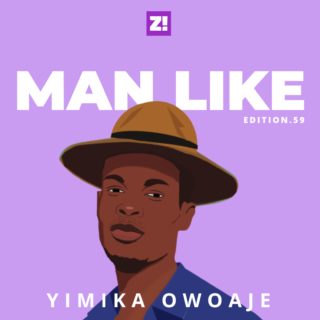What does it mean to be a man? Surely, it’s not one thing. It’s a series of little moments that add up. Man Like is a weekly Zikoko series documenting these moments to see how it adds up. It’s a series for men by men, talking about men’s issues. We try to understand what it means to “be a man” from the perspective of the subject of the week.
The subject of today’s Man Like is Tunde Onakoya, a national chess master and the founder of the Chess in Slums project. He talks about a hard and poor childhood, his initially difficult relationship with his father and the impact he’s made with the Chess in Slums programme.

What was your childhood like?
I grew up in Ketu, Lagos. My dad was a spare parts seller while my mom was a petty trader at Eko market. I have a younger brother who’s two years younger than me.
During my teenage years, we lived in a slum community called Isale Odo in Ikorodu. It was in Ikorodu that things got really bad for my dad. He had a danfo which he used to lease out to drivers who would bring him an agreed amount. Sometimes, he would drive it himself. There were even days he’d be the conductor. Then his danfo ran into a series of problems and was no longer a source of income.
I couldn’t start secondary school because my parents were too poor to raise school fees — my brother was still in primary school and they couldn’t afford to pay for the both of us. They didn’t want me to go to a public school as they were notorious for their poor standards and cultism. And so while my mates were in JSS 2, I was wasting at home. It was during this time that I found chess.
How did that happen?
I learnt about chess at our local barber’s shop. Whenever I was there to play PlayStation 1, the barber would bring out a chessboard and play with his friends. Once I saw the carved pieces, it was love at first sight. I begged him to teach me how to play, but he’d ignore me. Eventually, I learnt how to play and the rules of the game by watching matches between him and his friends.
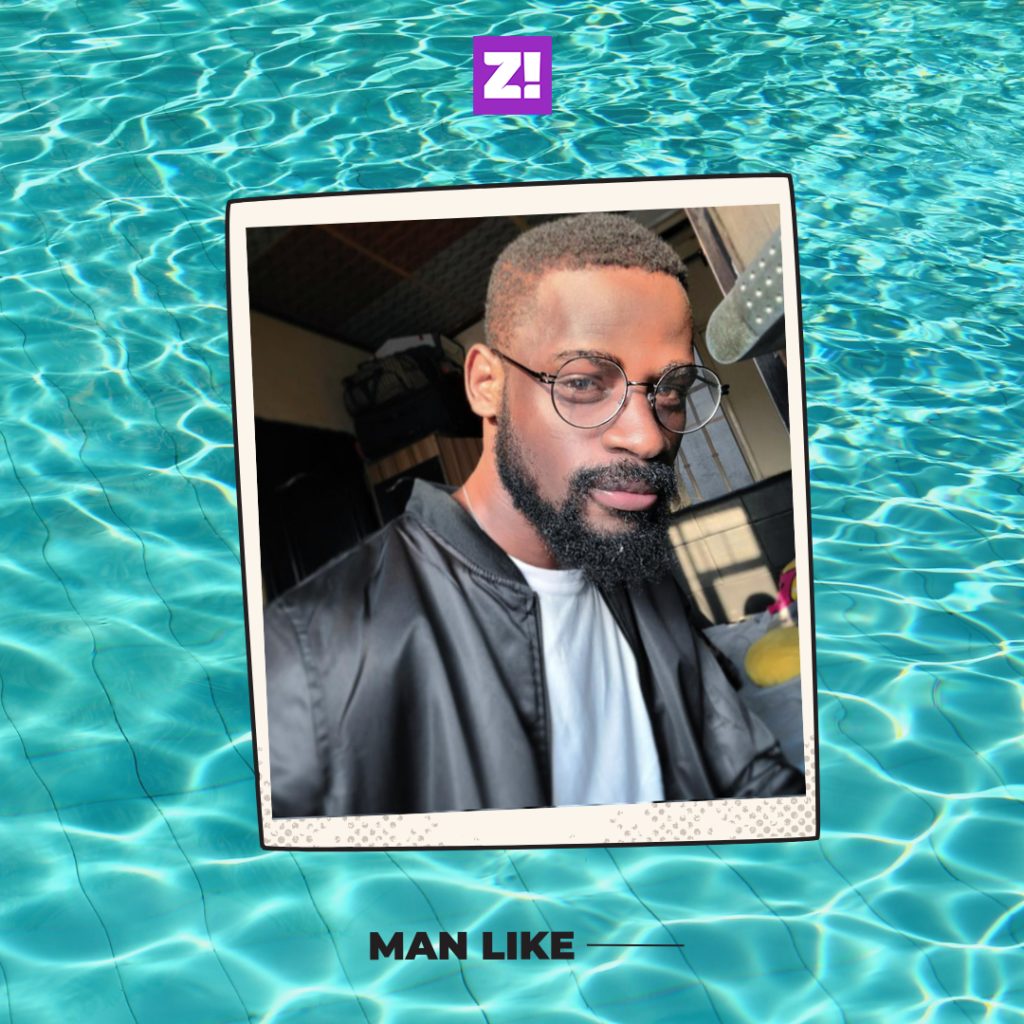
Interesting. How did you get into school?
My mom, tired of seeing me idle at home, approached an upscale secondary school owned by a Nigerian ambassador and offered to work for them in exchange for my school fees. That’s how I was able to resume my education.
My mother worked there for six years; she resigned on the day I wrote my final WAEC paper.
Omo. What was it like in school?
Imagine this: me, from a poor family who couldn’t afford to pay school fees, in the same class with kids who had known softness all their lives. When I was in JSS 1, I never used to speak because I couldn’t speak English at all — my primary school was really bad and we only spoke Yoruba at home. Eventually, my classmates rubbed off on me, and I started speaking English well and do really well in school.
Fortunately, the secondary school I eventually attended had an active Chess Club. We even wrote exams on chess each term. That was where I honed my skills and in JSS 2, won my first trophy. I saw my dad cry for the first time that day. He was so proud. For me, I had found something I was better at than the other kids; here was this kid who could hardly speak English coming third in a chess tournament. It really boosted my self-esteem. Chess changed my life.
What was your journey with chess after this?
Without chess, I’d have been stuck in my small hole in Ikorodu without knowing the opportunities available to me. We didn’t have things like a DVD player or cable. Whenever my friends would talk about watching some movie or gist about Naruto, I couldn’t participate because I had no way of watching, so I didn’t have a lot of exposure outside my family and Ikorodu.
When I started playing chess, I started travelling for tournaments and this took me to places I’d never been, helping me become more exposed. I played against kids from King’s College and other prestigious schools. This exposure widened my mind to see what was possible; my understanding of people, places and things.
What came next after secondary school?
After my WAEC, which my dad had to sell his car to pay for, I didn’t get into school for two years. When I wrote JAMB the first time, I missed the cut off mark for studying medicine at the University of Lagos by 1 point. It was the darkest moment of my life. I decided to try again the following year at the Lagos State University (LASU). Unfortunately, that was the year LASU hiked their fees from ₦25,000 to ₦250,000. Of course, my parents didn’t have that money. We tried to run around to raise it but that didn’t work out and I lost the admission.
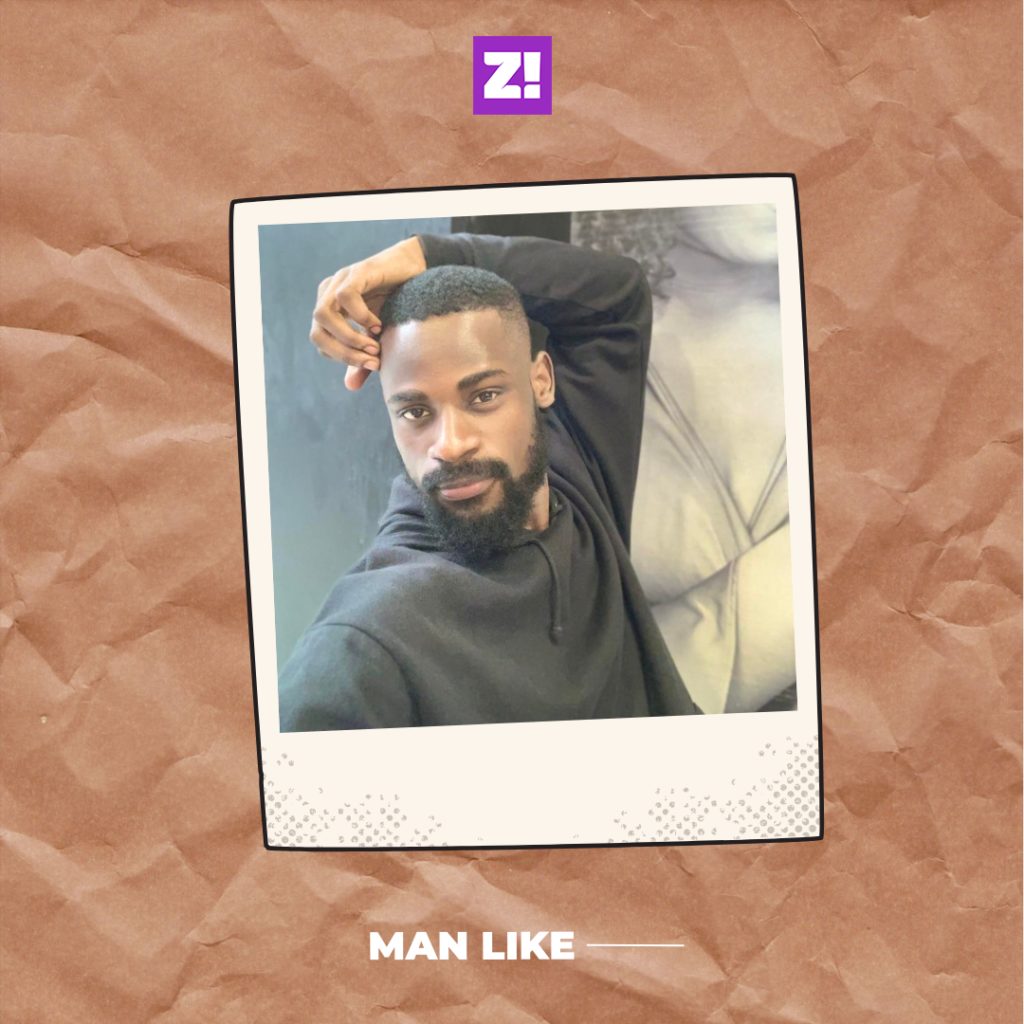
At that point in my life, I hated everyone and everything. I hated God. I hated my family for being poor. A lot of my friends from secondary school had gone on to continue their education abroad or in private universities but I, who was the senior prefect and had a lot of expectations on me, couldn’t even afford to get into a state university. That’s when it dawned on me how poor my parents were. My dad wasn’t working from 2009 to 2014, so there was no way he could raise my fees.
Meanwhile, my friends would come back from school with stories about the university. It really did a number on me.
That’s immense. How did you eventually get into a tertiary institution?
After my second failed attempt to enter school, I pretty much gave up on going to university. I started learning how to repair phones.
One day, my mom brought back a form from Yaba College of Technology, saying one of her friends had recommended that we try it. I wasn’t having it. I didn’t want to go to a polytechnic. Over time, she wore me down and begged me to just try. That’s how I ended up studying computer science at Yabatech. It was here that my fortunes changed.
How?
At this point, I had stopped playing chess for some years. The frustration of trying to make ends meet and getting an admission had made me lose interest. One day, I was passing through the sports complex in Yabatech and saw a chess room. I made enquiries and became an active member in the chess club and I made it into the college team. Because of that, I didn’t have to pay school fees nor accommodation fees. I represented the school in the Nigerian Polytechnics Game Association tournament, where we won all the gold medals. I was a double gold medalist at the NIPOGA/WAPOGA games and also went on to win the gold medal at the RCCG Chess Championship.
How did you get to be so good?
Honestly, I played chess obsessively. I ate, slept, talked and dreamt chess. My clique were all players and were all on the college team, so we were always playing against each other. We were arguably the best chess team in Nigeria. (One of us was representing Nigeria at the time, while another went on to be a National Master, the highest-rated player in Nigeria.) I would play chess from morning till night, missing classes and on some occasions, tests. Fortunately, chess gave me a photographic memory and a skill with numbers so I was easily cramming for and passing my exams.
I wasn’t getting any allowance from home — my parents weren’t working, my brother was working in a betting shop — so I survived solely on the winnings I made from chess tournaments. I used to gamble too, betting on chess games with some rich men who would come to Yabatech and gamble over games of chess with us. That was how I survived through school.
I won the National Friends of Chess, the Chevron Chess Open and was rated 13th in Nigeria. I got money at tournaments and I was able to buy myself a phone for the first time. Yabatech changed my life. Not getting into UNILAG to study medicine was one of the darkest moments of my life, but if that had happened, I would never have been able to do all the stuff I’ve been able to do with chess.
Then I graduated from Yabatech and things started getting weird again.
How?
I couldn’t represent the school in tournaments anymore, so that source of income dried. There were still other chess tournaments but nowhere as many as I used to attend. I went back to Ikorodu. At this time, my parents had moved to Ibadan and it was just my brother and me at home. I didn’t know what to do. Chess wasn’t lucrative enough to pay the bills. I couldn’t afford to go professional because that meant travelling all over the world for competitions. I wanted to get a grandmaster title but that was a pipe dream because you need to spend a lot of dollars for that. So I gave up chess again.
So I started teaching. I went from Ikorodu to Mowe for a ₦6000 salary teaching in a school. Sometimes I’d sleep in Mowe for the week and only go home for the weekend. It was tough. After three months, I decided I couldn’t do that anymore so I quit.
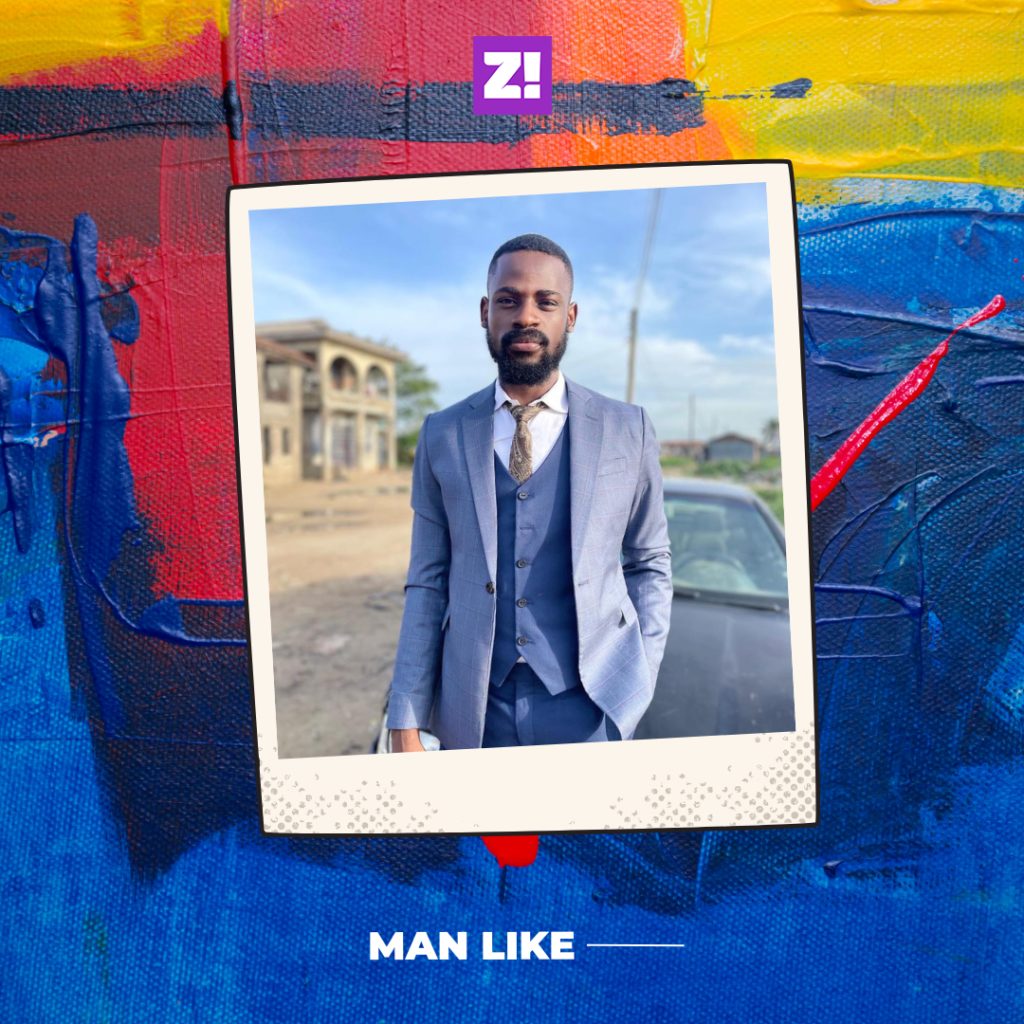
I had a group of friends who were also unemployed. We’d walk around aimlessly. I used to play instruments like drums, guitar, piano and clarinet which I had learned how to play as a child in church. I’d play at churches and they’d give me some money. That was when I got the idea to become a chess coach. I spoke to a few of my chess friends from Yabatech who were also unemployed. We made a proposal and sent it to primary and secondary schools, offering to teach the pupils and students chess. Some of them agreed. They weren’t paying much, but it was something. We used to go from Ikorodu to Abule Egba in our suits. There was a day we realised we didn’t have enough transport fare after stopping at a buka to eat. We had to lap each other inside a Keke Napep, with our suits!
I did this from 2016 to 2018. A lot of experiences like that made me realise that maybe chess just wasn’t for me. While I felt fulfilled teaching chess to children, I wasn’t earning enough. So I stopped in 2018 and wanted to take a professional coding course. Then something happened, which became a defining moment for me.
One day after church, the people I played instruments with told me to go with them to a place called Lungu, a slum community in Majidun. It was a run-down area with people smoking everywhere. The men we met were rough men, thugs and cultists, hardcore guys with scars on their faces who would tell us their stories about their run-ins with the police or how they got shot. Right there, children were running around, watching their parents smoke. It wasn’t a conducive environment at all. Most of them weren’t in school, hawking to support their parents. I thought that these kids were not growing up in the right environment and would most likely end up like their fathers — thugs, cultists or dead.
Then I had an epiphany. Why not teach these kids chess? I couldn’t stop thinking about it. That’s when I started researching slum communities and development. I wanted to know how chess could help them. Chess gave me some intellectual grounding and made me think of the world differently. I thought I could give the same to these kids.
So I sought permission from the head of the community who gave us a place where I could teach the children chess in his palace. A few friends and I started teaching chess to the kids. We’d give them food and teach them. We’d take pictures and have so much fun. A lot of them couldn’t speak English but were learning chess at such an incredible pace.
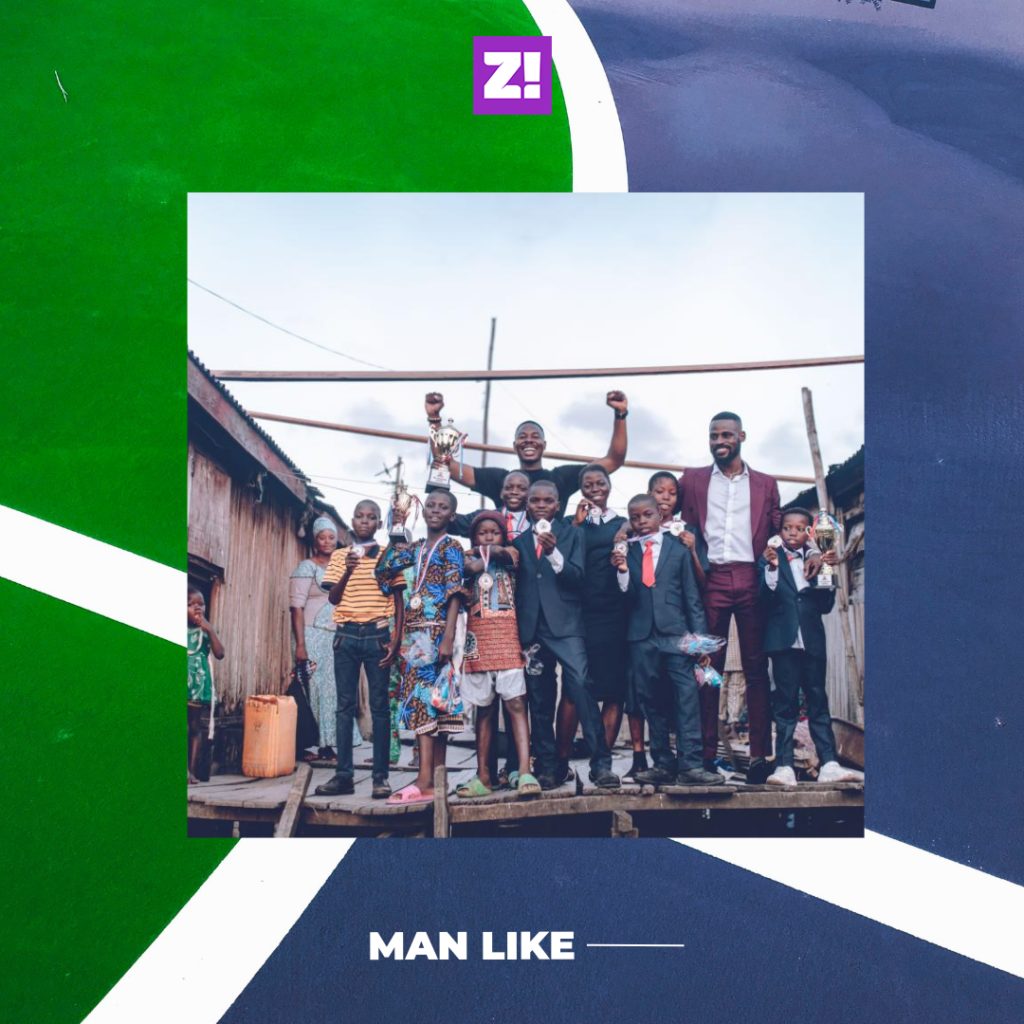
How were you funding this?
It wasn’t easy and I was going broke all the time from buying snacks, transport and chessboards. Eventually, I couldn’t sustain it anymore. Fortunately, I’d started posting pictures on Twitter and people began to volunteer and eventually contribute. Eventually, it began to gather steam and people started reaching out from all over the world to sponsor some of the children’s education. I felt so fulfilled. We were featured on CNN, BBC, Al Jazeera, France 24, DW. Journalists come from all over the world to cover our story not to highlight their poverty but because of the incredible potential they wield.
What’s happening now?
Now we’re at a place where we’re trying to expand and impact more kids because I believe that chess can change lives in impoverished communities in Africa. Not all of them will become chess champions, but they will learn how to think and their horizons will expand beyond their small communities. They won’t easily be pawns for politicians to disrupt elections for ₦1,500.
We’ve secured deals with international chess organisations like chess.com and ChessKid and also received funding from Venture Garden Group. In three years, we’ve impacted the lives of 300 children, with 30 of them on lifelong scholarships. Some
What’s keeps you inspired?
From Majidun, we expanded Chess in Slums to Makoko, the largest floating slum in the world. It was a lot more challenging because the children in Makoko spoke only Egun, so it was almost impossible to communicate with them. It was a proper slum where they live over stagnant water. The children even fall inside the water and drown sometimes. I could only live there for three days before falling seriously ill. It was horrible. No one should have to live there.
There’s a boy named Ferdinand. He was born with cerebral palsy. He didn’t make it into our Chess in Slums programmes originally, but he kept crying and wouldn’t leave the venue, so we let him join. Turns out this boy is a chess prodigy. He came top of the group and has won chess championships. The story went viral.
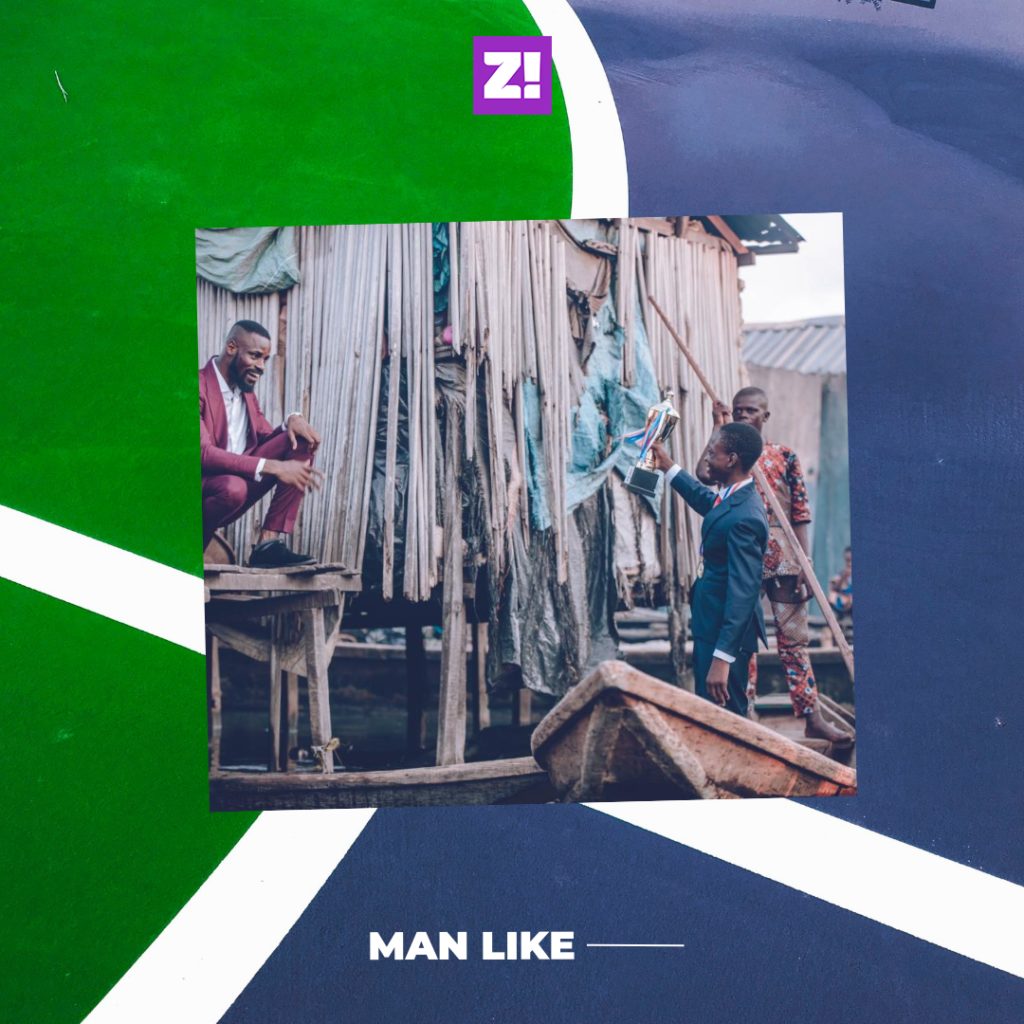
The governor of Lagos State, who’s a chess enthusiast, sent me a message and asked to meet Ferdinand. They played an intense game of chess which lasted for 40 minutes before it ended in a draw. Now, his education is being sponsored by the governor. I went to bed with a big smile on my face, feeling fulfilled. I was glad I could make that kind of impact. I imagined what would have happened if I had given up on the project when things were tough and I was terribly broke.
Also, three kids live with me now. They were orphaned last year and had nowhere to go. Two of them lost their mother to HIV. She had had an accident at the refuse dump where she was scavenging plastic and had one leg amputated. She was transfused with HIV positive blood and died in my arms. She asked me to take care of her kids as her dying wish.
Damn. How’s it like being thrust into fathering three boys when you’re only 26?
First, it meant that I couldn’t just be bringing babes home anyhow, LMAO. It was really difficult at first. It’s one thing to fend for yourself, it’s another to be responsible for three other people. In some ways, it has made me more grounded. They bring a lot of joy into my life, and they’ve grown so much. Sunday, who hadn’t been to school before he was 9 years old can now converse fluently in English and beats me at Mortal Kombat. I’m happy he’s getting to relive his childhood.
That’s amazing. What’s next for you, personally?
I recently moved into a new apartment to start my life out. I’m looking to launch my business brand in the corporate world, using chess analogies to teach business strategy. I also plan on travelling to several countries and scale Chess In Slum’s impact and experience places and people.
I’m also trying to get into a relationship. I’ve been emotionally unavailable for the longest time because a lot of myself has been poured into the Chess in Slums project. But my mother has given me a deadline to bring someone home this year.
I’m looking to get back into the dating scene but the streets are rough. People are pegging out here.
We have an article on pegging to help you prepared for the streets.
LMAO.
Check back every Sunday by 12 pm for new stories in the Man Like series. If you’d like to be featured or you know anyone that would be perfect for this, kindly send an email.
Are you a man who would like to be interviewed for a Zikoko article? Fill this form and we’ll be in your inbox quicker than you can say “Man Dem.”

